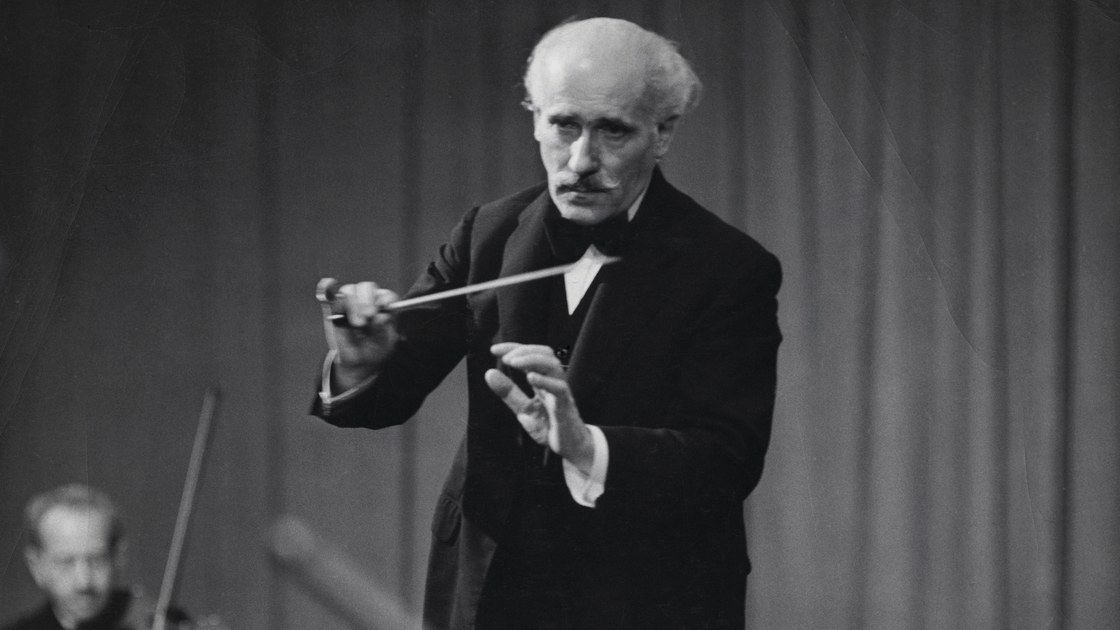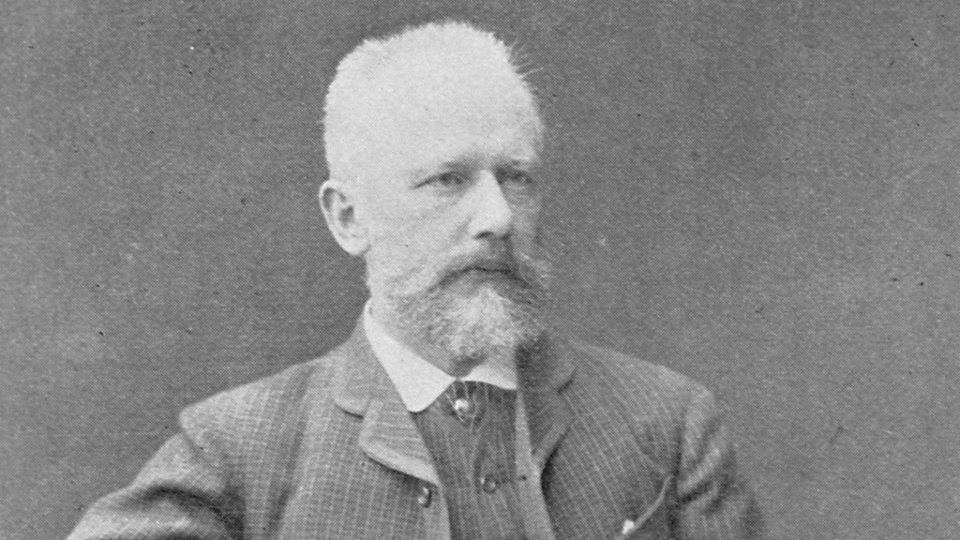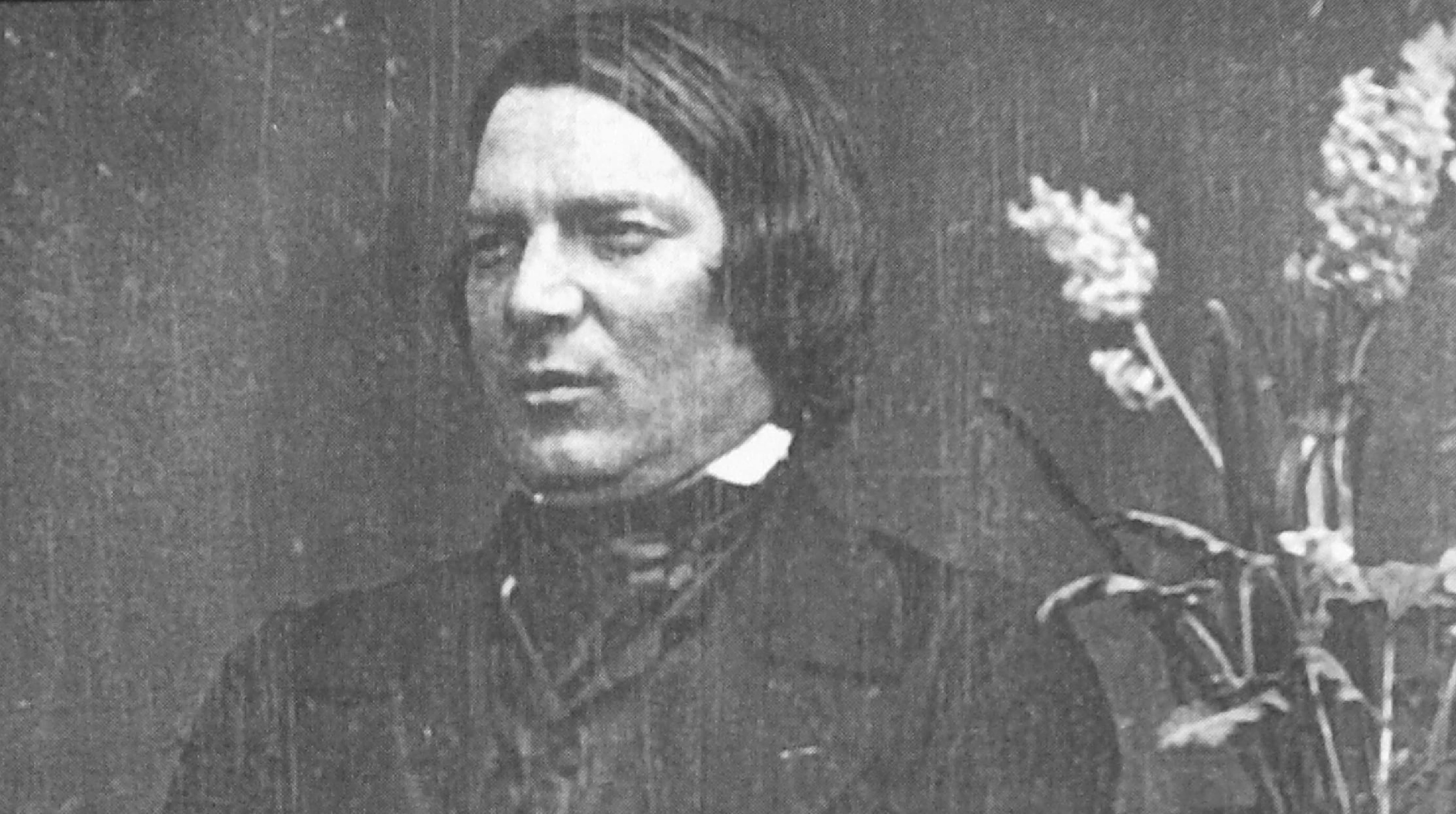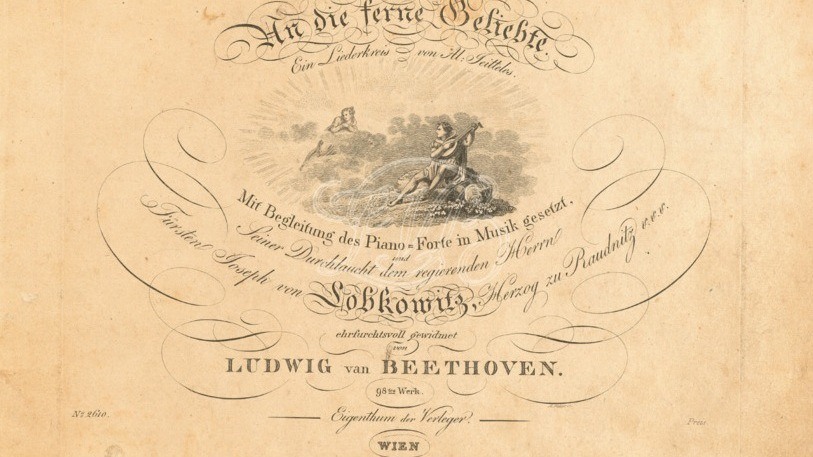Berlioz for Spring
Hector Berlioz’ song cycle, Les nuits d’été, Op. 7 (“Summer Nights”), based on the poetry of Théophile Gautier, dramatizes the progression of love from youthful innocence, to death, to ultimate rebirth. Villanelle, the first of the six songs, evokes the arrival of spring and the joyful exuberance of young love. The text celebrates the abundance of nature, from flowers and berries to the wildlife of the forest. Berlioz’ song, composed on March 23, 1840, teems …







